Search Results
Showing results 221 to 240 of 1372
Yeast Balloons
Source Institutions
Visitors observe a bottle with a balloon attached around the mouth. The bottle contains a solution of yeast, sugar, and water.

Black Magic (Color Chromatography)
Source Institutions
With a coffee filter, a black marker, and a cup of water, discover the secret colors hidden in black ink.
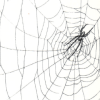
Web It!
Source Institutions
In this outdoor activity, learners investigate spider webs and feeding behavior, particularly how spiders trap food in their sticky silk webs while not getting stuck themselves.
Light on Other Planets
Source Institutions
In this math-based activity, learners model the intensity of light at various distances from a light source, and understand how astronomers measure the amount of sunlight that hits our planet and othe
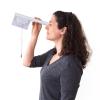
Height Sight
Source Institutions
In this activity, learners build a tool called an inclinometer that can find the height of any distant object, from a tree to the North Star.
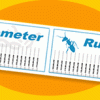
Measure Yourself in Nanometers
Source Institutions
In this activity, learners will be able to measure themselves in nanometers. A nanometer is a billionth of a meter, a unit of measurement used in nanotechnology.
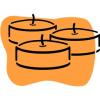
Floating Candles
Source Institutions
In this chemistry activity, learners observe a combustion reaction and deduce the components necessary for the reaction to occur.
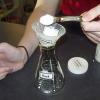
Hot and Cold
Source Institutions
In this activity, learners explore temperature changes from chemical reactions by mixing urea with water in one flask and mixing calcium chloride with water in another flask.
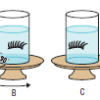
Visualizing How the Vestibular System Works
Source Institutions
In this activity (page 59 of the PDF), learners spin and observe false eyelashes in jars of water (prepared at least 1 day ahead of time) to investigate the effects of different types of motion on the
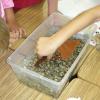
Crayfish Investigations
Source Institutions
This activity has learners interacting with live crayfish, but could be adapted for a variety of similar hardy and interesting organisms.
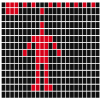
Is Anybody Out There?
Source Institutions
Learners listen to and try to decipher a radio message that was sent from Earth to possible intelligent civilizations.
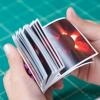
Solar Flare Flip Book
Source Institutions
In this activity, learners make their own flip book that shows real solar flares erupting from the Sun in November 2000. Step-by-step instructions are included with photos.
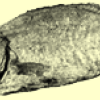
Make a "Mummy"
Source Institutions
The Ancient Egyptians used a naturally-occurring salt from the banks of the Nile River, called natron, to mummify their dead.
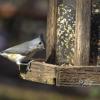
Bird Feeder Challenge
Source Institutions
In this activity, learners are challenged to build a bird feeder using recycled materials from home and are encouraged to problem solve during the extensions.
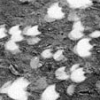
How to View a Solar Eclipse
Source Institutions
This is an activity to do when there is a solar eclipse!
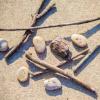
Making Music in Nature
Source Institutions
In this activity, learners will explore the ways natural materials can produce sounds. Appropriate for any age, learners can make individual music or create a symphony with others.
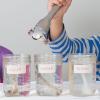
Stiff Bones, Bendy Bones
Source Institutions
Bones are stiff, which helps us lift heavy things and walk around, but they are also somewhat flexible, which lets them bend slightly.
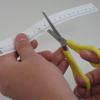
Exploring Size: Tiny Ruler
Source Institutions
In this activity, learners investigate just how small a billionth of a meter is by attempting to cut a paper ruler down to a nanometer-sized sliver.
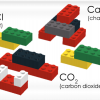
LEGO® Chemical Reactions
Source Institutions
This activity uses LEGO® bricks to represent atoms bonding into molecules and crystals. The lesson plan is for a 2.5 hour workshop (or four 45-minute classes).
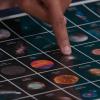
Exploring the Universe: Space Guess Quest
Source Institutions
Space Guess Quest is a fun game that encourages participants to identify the many types of objects in space, from human-made spacecraft to nebulas, galaxies, stars, and worlds.
